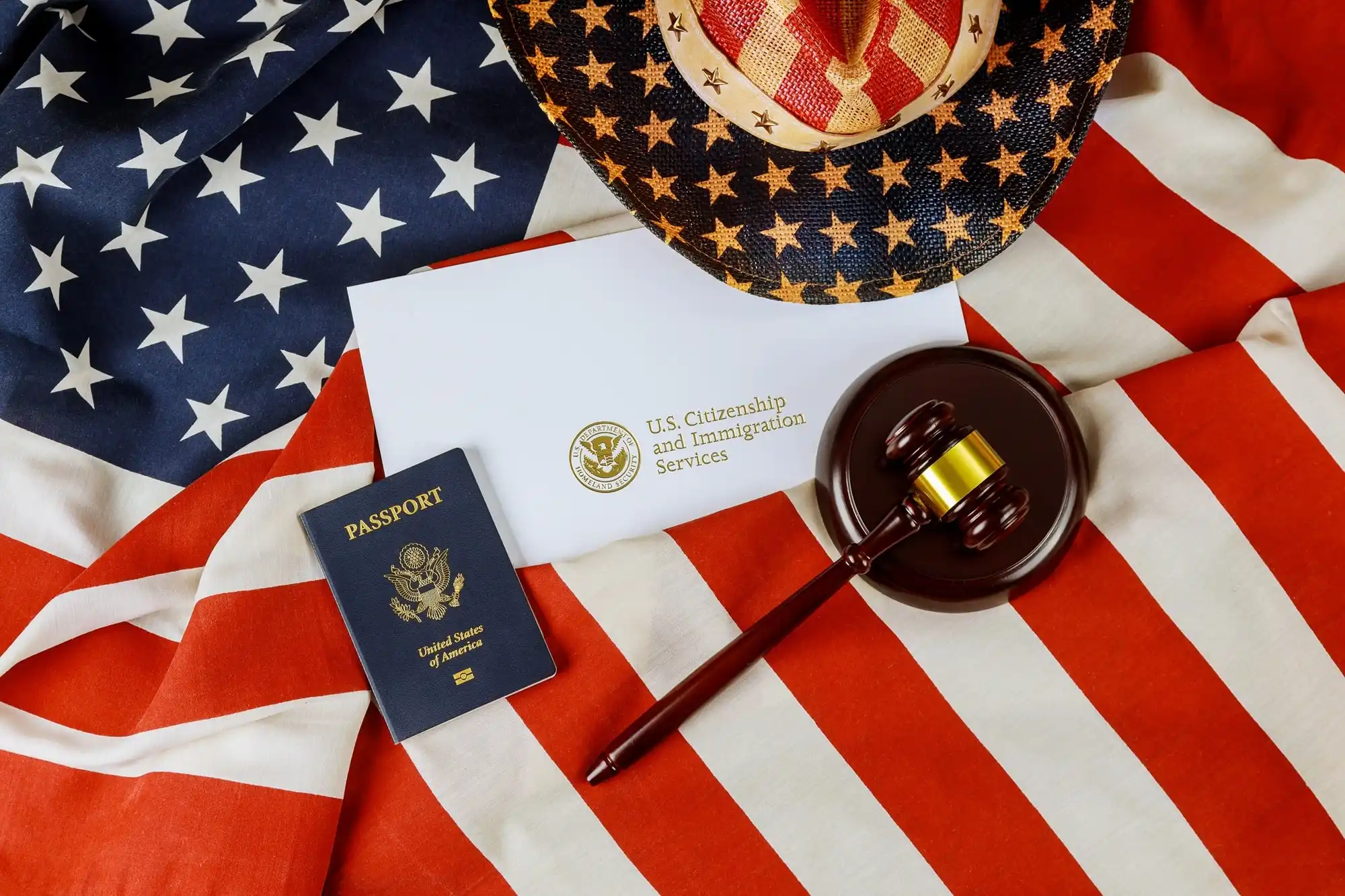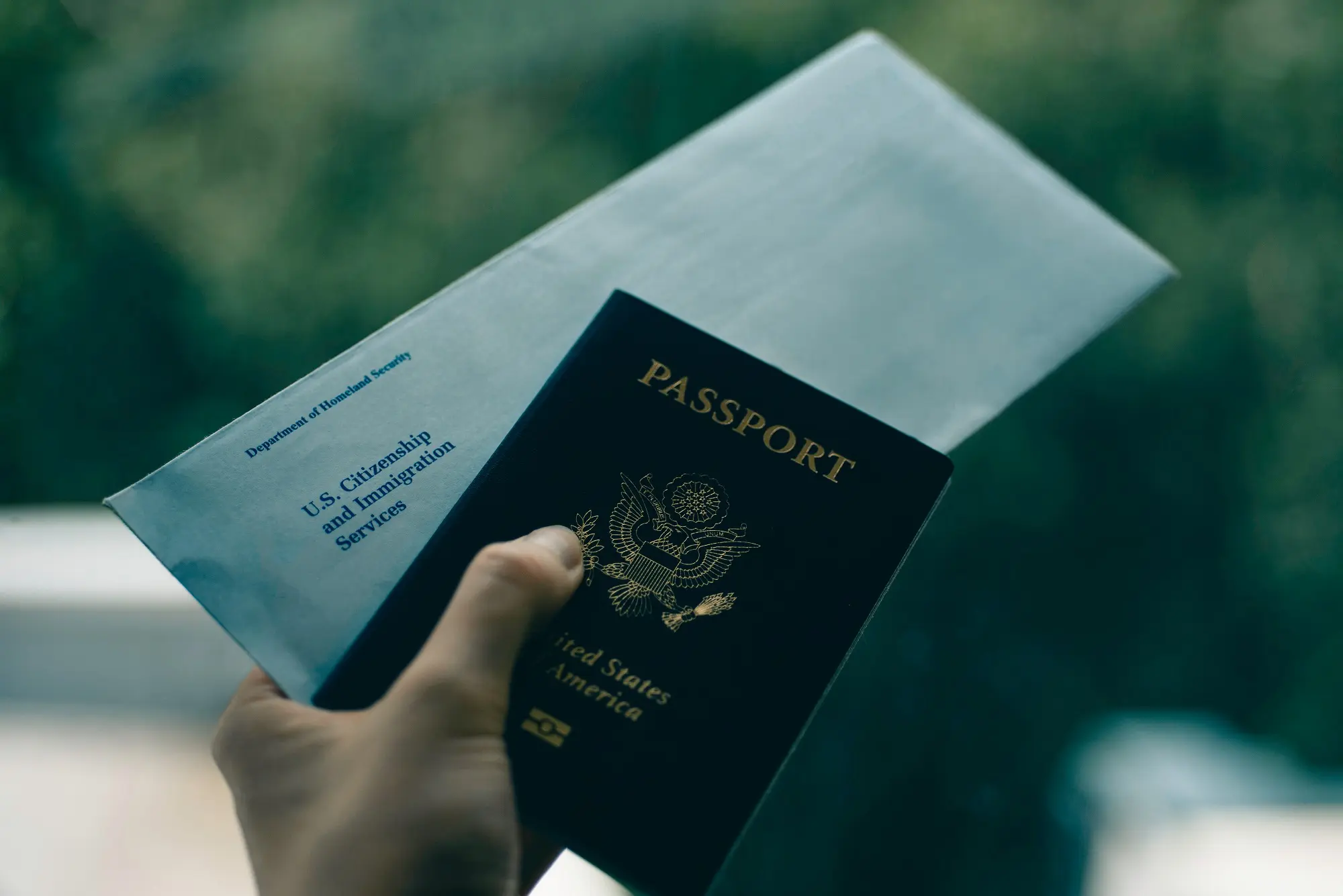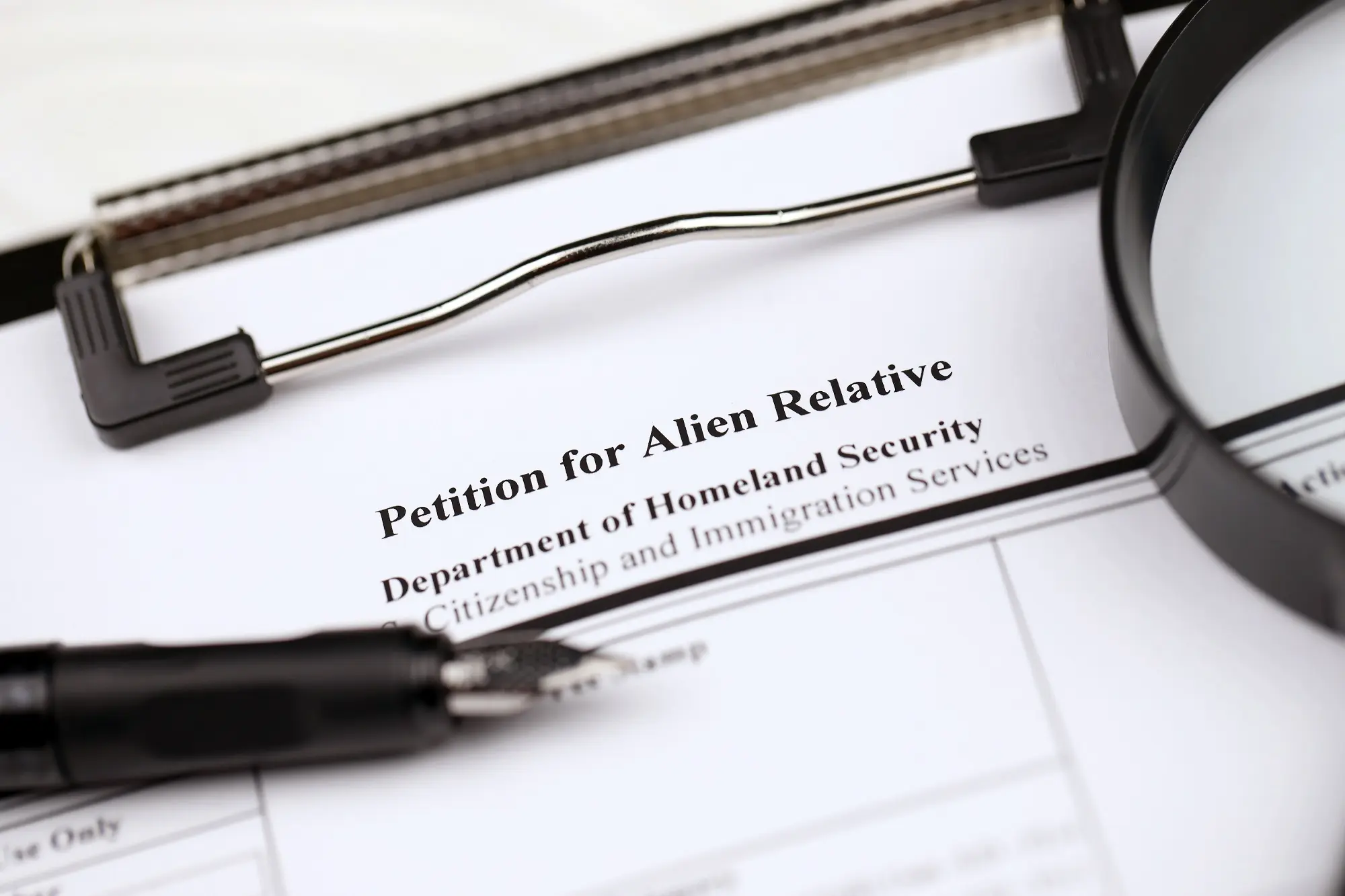USCIS issued several important updates in mid-September that will affect both employment-based and family immigration in the months ahead.
Changes in Employment-Based Petitions
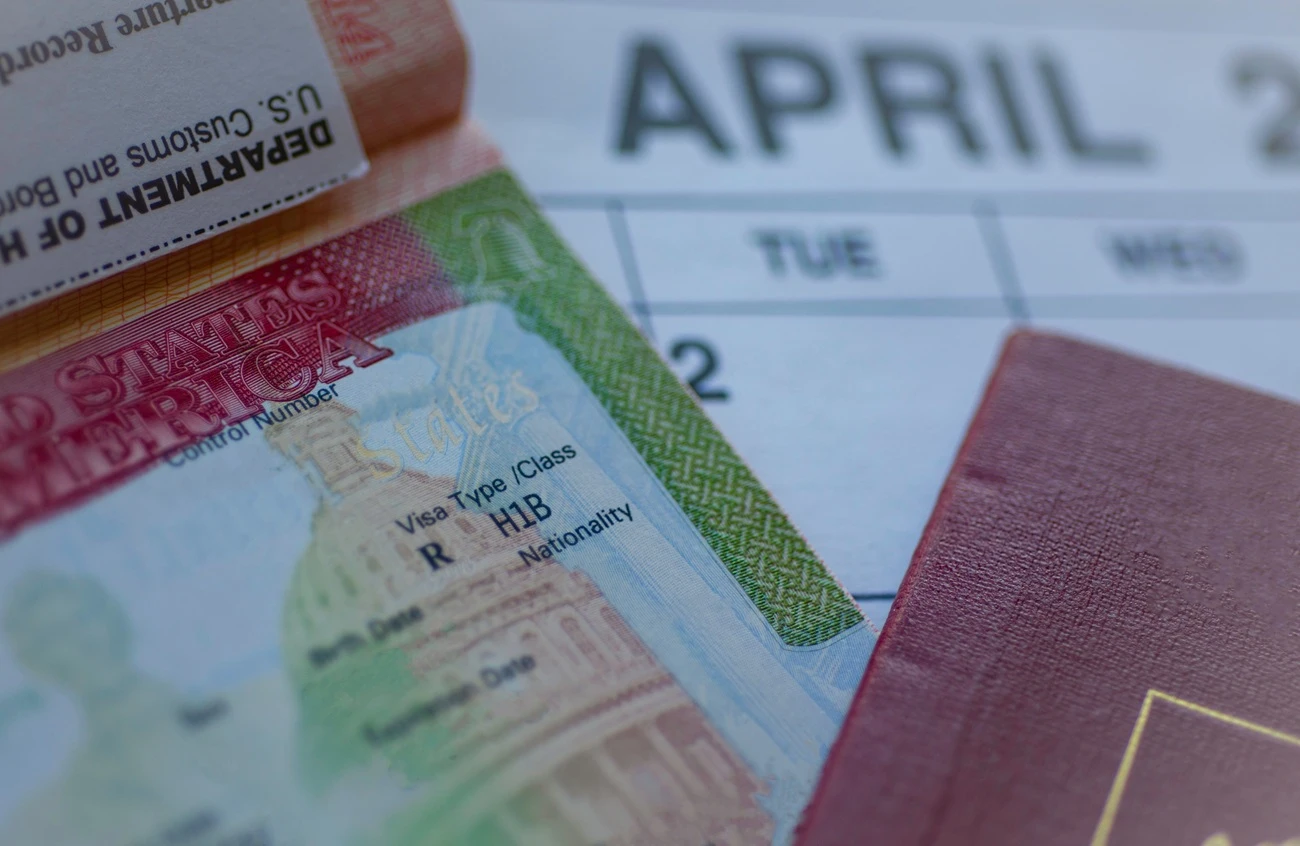
Recently the White House issued a presidential proclamation titled “Restriction on Entry of Certain Nonimmigrant Workers”, which places new limits on several categories of nonimmigrant visas, including H-1B and related programs. While the administration states this measure is protecting the U.S. labor market, in practice it increases costs, narrows options for businesses, and disrupts stability for families who depend on these visa pathways.
And USCIS published an FAQ clarifying how a new $100,000 supplemental fee applies to H-1B petitions filed on or after September 21, 2025. The fee covers new petitions only, not renewals or transfers, and employers who filed before the effective date are not subject to it. USCIS also signaled further regulatory changes, including raising prevailing wage requirements and restructuring the lottery to favor higher-wage positions. These shifts could reshape hiring strategies across industries. For families, the ripple effects may be significant: if employers reduce or delay new H-1B filings, spouses and children who would otherwise qualify for H-4 status may see fewer opportunities. Planning alternative visa routes or accelerating filings before new thresholds take effect has become essential.
On the seasonal side, USCIS announced it has reached the H-2B cap for the first half of fiscal year 2026. September 12 was the final receipt date for petitions with employment start dates before April 1, 2026. Any cap-subject petitions received after that date will be rejected, though the agency continues to accept petitions exempt from the cap. Employers who rely on temporary workers will need to look ahead to the second-half cap or evaluate cap-exempt strategies.
2025 Changes to the Naturalization Test
USCIS also unveiled the first changes in a multi-step overhaul of the naturalization process. The agency described updates to the civics test, as well as tighter scrutiny of disability waivers and good moral character assessments. Officers are now instructed to place greater emphasis on “positive contributions” while also reviewing issues such as unlawful voting or false claims to citizenship. USCIS has even revived neighborhood investigations, a practice not used in decades. For applicants and their families, these adjustments mean that the N-400 process will likely feel more demanding. Documentation of long-term residence, medical exceptions, and community ties must be stronger and more consistent than ever to avoid delays or denials.
If you’re relying on a medical disability exception (N-648), expect closer scrutiny — every line on the form should be consistent with treatment history and functional limitations. Prior interactions with DHS/CBP/ICE (and any voting-related activity) need a careful legal review before filing. At SimVisa, we prep clients for naturalization interviews, reconcile prior filings and social-media footprints, and build a clean, consistent narrative that anticipates neighborhood checks and follow-up questions.
Family Immigration Faces Tougher Scrutiny as USCIS Expands Enforcement
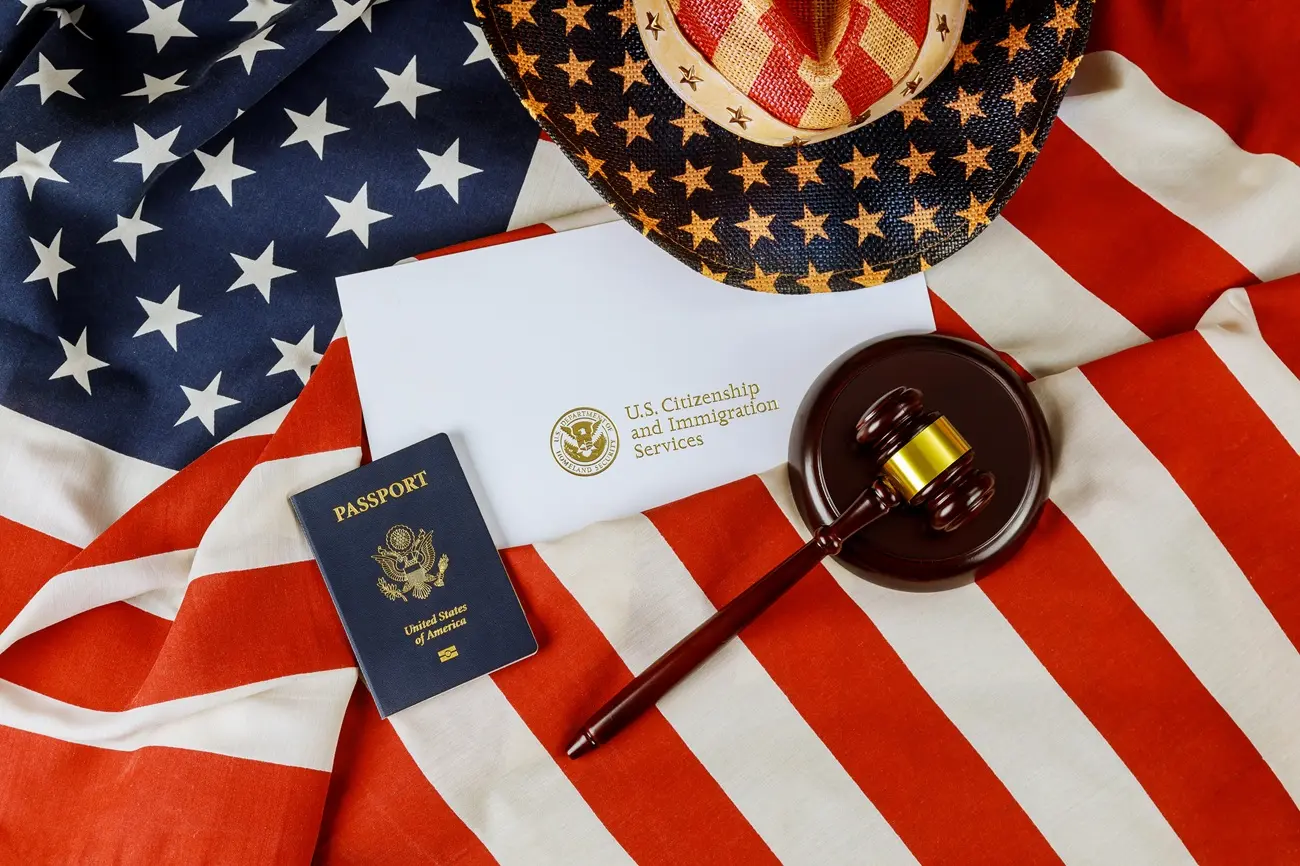
The Associated Press recently reported that parents seeking to reunite with their children are increasingly being called to in-person interviews, in some instances with ICE officers present. What used to be straightforward appointments are now more probing sessions where applicants may be asked detailed questions about their backgrounds, past statements, and the authenticity of their family relationships. Families are also seeing more demands for documentary proof — bank statements, leases, utility bills, or affidavits from friends and relatives — well beyond what many had to provide in the past. For households where a spouse or child lacks status, the stakes of attending such interviews without legal preparation can be even higher.
At the same time, USCIS itself is shifting into a more aggressive enforcement role. As covered by the Washington Post, the agency has announced it will deploy armed special agents with arrest powers to investigate suspected fraud in immigration filings, including sham marriages. While the stated aim is to protect program integrity, the message to family applicants is clear: relationship-based petitions will face closer inspection than before. Even bona fide couples and parents must be meticulous in presenting consistent evidence, as minor discrepancies could draw unwanted scrutiny.
As an experienced immigration law firm, we see firsthand how the interviews are becoming less routine and more adversarial, while USCIS is building infrastructure to police fraud directly. For families dealing with petitions and adjustment of status applications, this means preparing for longer, more intense interviews, gathering stronger supporting records, and seeking legal guidance early to anticipate potential challenges. What once was seen as a paperwork process now feels increasingly like a test of credibility under investigation-level conditions.
If you feel struggled by the never-ending changes to immigration laws and increased scrutiny, don’t hesitate to reach out. We’ll be glad to take a look at your case.
Trump Administration Launches “Gold Card” Visa
On September 19, 2025, the Trump administration announced a new immigration pathway known as the Gold Card. The program allows foreign nationals to obtain an expedited immigrant visa by making a financial gift of at least $1 million to the Department of Commerce, or $2 million if the contribution is made through a corporation. The government has framed the initiative as a way to channel private wealth into strengthening U.S. industry while offering an accelerated route to residency for high-net-worth individuals.
Although the application process is still being developed, the executive order directs federal agencies to finalize the framework within 90 days, including eligibility rules, vetting procedures, and security screenings. The Gold Card would operate alongside existing visa categories but give priority treatment to those able to meet the financial threshold.

The rollout has sparked debate about fairness in the immigration system. Critics argue that creating a pay-to-residency channel risks undermining confidence in traditional pathways, especially for families enduring long waits under capped family- and employment-based categories. Newsweek quotes experts saying the Gold Card is “too expensive”, comparing it unfavorably to other countries’ citizenship-by-investment programs, noting that a required $5 million donation is “at least five times higher than comparable pathways in Europe”.
While supporters promise the potential economic boost, many observers warn that using wealth as the primary qualification could entrench inequities and delay much-needed reforms to address backlogs and processing inefficiencies in other visa programs.







